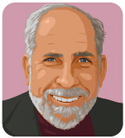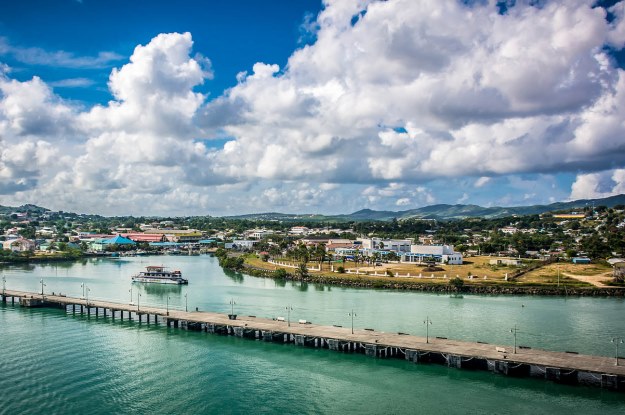This article is adapted from our 1st print issue of 2016. For a look at our Top 5 Corruption Busters special feature, click here.
Early on the morning of March 22, 2004, one day before the elections that ended the Antigua Labor Party’s 28-year hold on power, several boxloads of government files were hauled out of the offices of then-Prime Minister Lester Bird. It didn’t take long for his successor — Baldwin Spencer — to figure out why. In some of the boxes inadvertently left behind, Spencer’s staff found evidence of a multi-million-dollar kickback scheme dating back nearly 20 years.
There was enough information in the remaining documents, which showed that at least $14 million had been skimmed from repayments on a Japanese loan to build a desalination plant, to implicate senior officials of the outgoing government.
But the chances of getting any of the money back seemed slim — until the government contacted Robert Lindquist and Ed Davis, two lawyers in the growing field of private-sector asset recovery.
“It took a few years, but we recovered over $12 million,” said Davis, whose Miami law firm of Astigarraga Davis played a central role in tracing the stolen funds to numbered private bank accounts in the Cayman Islands, Hong Kong and Panama, among other places.
In an era when huge sums of money can be transferred across borders with a few electronic clicks, victimized governments or businesses are increasingly turning for help to the financial equivalent of bounty hunters.
“Governments are good at putting people in jail, but not at recovering money,” said Davis. In contrast, added Lindquist, a Virginia-based forensic accountant who helped victims of the notorious $60 billion Ponzi scheme operated by U.S. financier Bernie Madoff, skilled private fraud investigators can “follow the footprints” of corruption anywhere in the world and use civil lawsuits to wrest back the money.
Still, government-led efforts to restore funds to public coffers have seen their own recent successes. Brazil’s Operation Car Wash investigation is one example where the role of the judiciary has been crucial in holding companies accountable. Since the crackdown began in March 2014, federal prosecutors have recovered at least 1.8 billion reais ($466.5 million).
But neither Davis nor Lindquist expect a fall-off in business any time soon, particularly in Latin America and the Caribbean. “I usually get a call when a new government comes in and starts cleaning out the dirty closets of the previous one,” said Davis, whose fraud-chasing efforts have proven to be a profitable enterprise.
Some victories are especially sweet. While none of the principals in the Antigua case admitted to fraud, one agreed to return $5 million of the funds to build a children’s hospital. Although that person made it a condition that the hospital be named after his wife, it was still, recalled Davis, “one of the proudest moments of my career.“
—
Handelman is the managing editor of Americas Quarterly and director of the Center on Media, Crime and Justice at John Jay College of Criminal Justice in New York.






